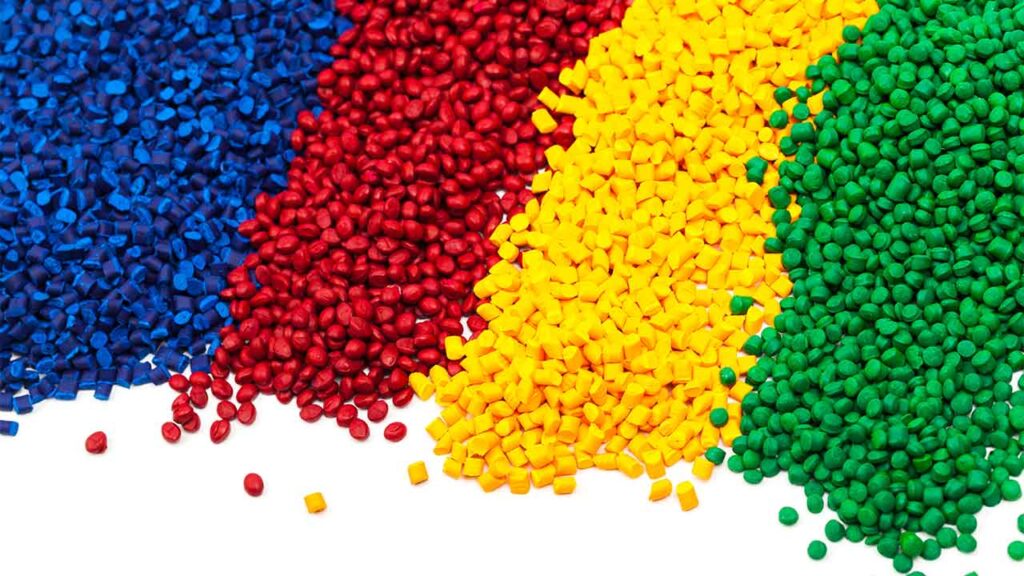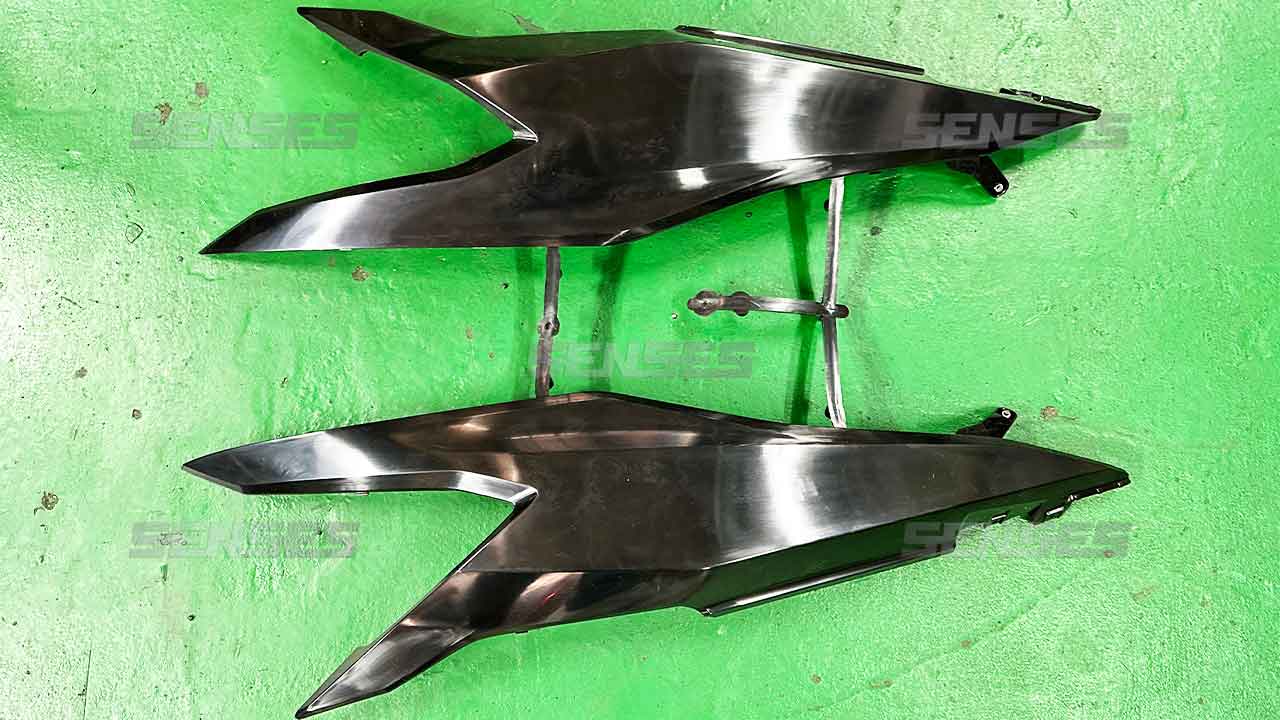Custom plastic parts are integral components in a wide range of industries due to their versatility and adaptability. These parts, tailored to meet specific requirements, are commonly used in sectors such as automotive, healthcare, electronics, and consumer goods. The ability to customize the shape, size, and material properties of plastic parts allows for their application in diverse scenarios, from small, intricate components in medical devices to durable and robust elements in automotive manufacturing.
In the medical field, for instance, custom plastic parts are essential for creating specialized tools and equipment that meet strict health and safety standards. In the automotive industry, they are used to design parts that contribute to the overall functionality and efficiency of vehicles. Similarly, in consumer electronics, these parts play a crucial role in the design and functionality of gadgets, ensuring they are lightweight, durable, and aesthetically pleasing.
Diverse Manufacturing Methods for Custom Plastic Parts

The widespread use of custom plastic parts is largely propelled by breakthroughs in manufacturing technologies such as 3D printing, injection molding, and CNC machining. 3D printing, in particular, has revolutionized the field by enabling the rapid creation of complex and intricate parts, which were once challenging to produce. Injection molding has evolved with more sophisticated control systems and quicker production methods, facilitating the efficient mass production of tailored designs. Meanwhile, CNC machining has advanced in precision and versatility, allowing for the manufacture of parts with complex shapes and fine details.
- 3D Printing (Additive Manufacturing):
3D printing, or additive manufacturing, is a process that builds parts layer by layer from a digital model. It allows for the creation of complex and intricate shapes that would be difficult or impossible to achieve with traditional manufacturing methods. 3D printing is highly adaptable and is used for prototyping as well as for the production of functional parts. It offers significant design flexibility and is particularly useful for small-batch or one-off production runs.
- Injection Molding
Injection molding is a widely used method for manufacturing custom plastic parts. In this process, molten plastic is injected into a pre-designed mold, where it cools and solidifies into the desired shape. This method is ideal for producing large quantities of parts due to its high efficiency and ability to produce consistent, high-quality products. Injection molding is versatile in terms of the types of plastics that can be used and is well-suited for parts with detailed geometries and tight tolerances.
- CNC Machining
CNC (Computer Numerical Control) machining involves the use of computer-controlled machine tools to shape plastic materials into the desired part. It is highly accurate and capable of producing parts with complex geometries and tight tolerances. CNC machining is a subtractive process, meaning it involves removing material from a solid block to create the part. This method is suitable for both prototyping and production, and it can be used for a wide range of plastics.
These technologies not only ensure precise and efficient production of custom parts in both large and small quantities but also make them more accessible to a diverse range of businesses, from large corporations to small-scale operations.
Common Plastics and Their Applications

Selecting the right plastic material is crucial for achieving the intended performance and functionality in the final product. The characteristics of each plastic type vary significantly, influencing their suitability for different applications. Whether it’s for durability, flexibility, or specific resistance requirements, understanding these materials helps in making informed decisions for custom part designs. The following are some commonly used plastic materials and their material characteristics:
| Plastic Type | Key Properties | Common Applications |
|---|---|---|
| Polyethylene (PE) | HDPE: High strength-to-density, weather resistance. LDPE: Flexibility. | Containers, piping, plastic bags. |
| Polycarbonate (PC) | High impact resistance, transparency, good temperature tolerance. | Bulletproof glass, eyewear lenses, electronic components. |
| Polypropylene (PP) | Lightweight, chemical resistance, high melting point. | Automotive parts, packaging, medical devices. |
| Polyvinyl Chloride (PVC) | Rigid: Strength, weather resistance. Flexible: Softness, bendability. | Piping, medical tubes, credit cards. |
| Acrylonitrile Butadiene Styrene (ABS) | Impact resistance, toughness, heat resistance. | Automotive parts, toys, musical instruments. |
| Polystyrene (PS) | GPPS: Clarity, brittleness. HIPS: Impact resistance. | Cutlery, CD cases, refrigerator liners. |
| Polyethylene Terephthalate (PET) | Moisture barrier, strength, recyclability. | Bottles, food packaging, synthetic fibers. |
| Polyamide (Nylon) | Strength, temperature resistance, abrasion resistance. | Automotive components, textiles, gears. |
| Thermoplastic Polyurethane (TPU) | Elasticity, transparency, oil/grease resistance. | Phone cases, medical devices, footwear. |
Utilizing Custom Plastic Parts Across Diverse Industries
Automotive Industry: Custom plastic parts are used in a variety of automotive components like dashboards, bumpers, lighting systems, and under-hood parts. They help in reducing the overall weight of vehicles, contributing to improved fuel efficiency and lower emissions.
Medical Devices and Equipment: Custom plastic parts are essential in manufacturing various medical devices such as surgical instruments, diagnostic equipment, and implants. Plastics used in this industry often need to be sterilizable and biocompatible, ensuring they are safe for medical use.
Consumer Electronics: Housings and Components: Custom plastic parts are used in creating housings, cases, and internal components for devices like smartphones, laptops, and household appliances. The design flexibility of plastics allows for innovative and appealing product designs.
Custom Injection Molding Services
Senses is an ISO 9001:2015 certified plastic injection molding company, offering a comprehensive array of services including mold and part design, prototyping, small-batch production, and full-scale manufacturing. We serve a diverse range of industries, encompassing automotive, medical, and consumer electronics. Our focus is on ensuring each product we deliver meets the highest standards of quality and functionality.
For personalized solutions and expert consultation, reach out to us today at info@senseschina.com.





